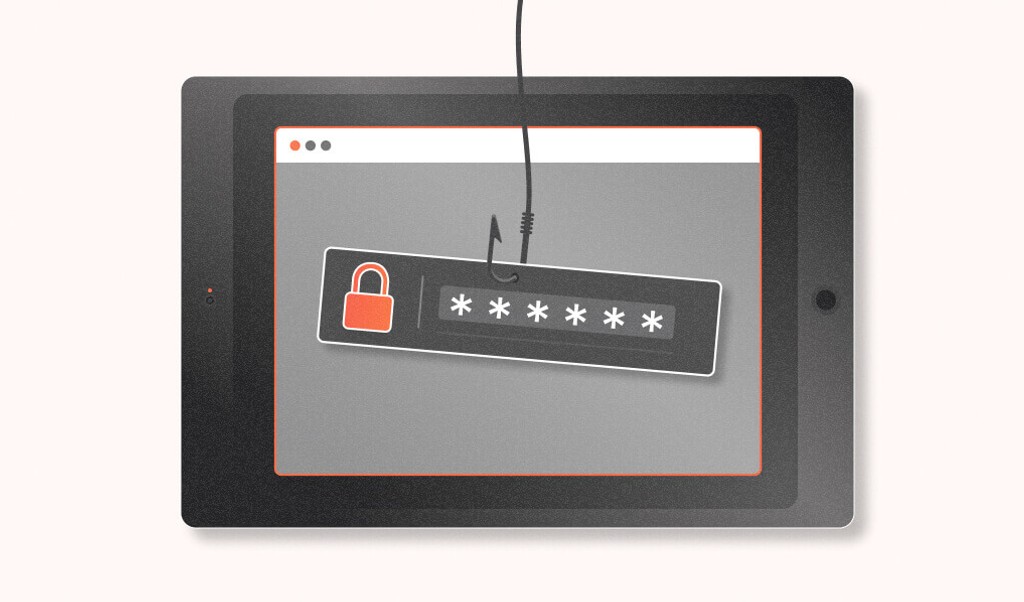
Summarize this article with
eCommerce businesses do their best to provide the best customer experience, but only some customers act with the best intentions. Friendly fraud may not sound all that threatening, but it accounts for 70% of all credit card fraud and costs the eCommerce industry billions annually.
Friendly fraud occurs when a customer purchases a product or service online, then turns around and contacts their card issuer to dispute the charge, resulting in a chargeback.
It may sound relatively innocent – and sometimes, it is – but friendly fraud can significantly dent your revenue without proper safeguards.
Let's learn more about friendly fraud, how common it is, and how to protect your eCommerce business against friendly fraud and chargeback abuse.
What is friendly fraud?
Friendly fraud is a type of credit card chargeback fraud that impacts eCommerce businesses. It occurs when a customer files a credit card chargeback with their credit card company on a legitimate transaction rather than first trying to obtain a refund from the merchant. It's also commonly known as a form of chargeback abuse, chargeback fraud, or cyber shoplifting.
Friendly fraud can be deliberate or accidental. Moreover, some instances that appear fraudulent can be innocent – "friendly," even.
So, when is a chargeback warranted, or when is it the result of a deliberate scam attempt? Let’s discuss the types of friendly fraud and also when it’s really something more serious like stolen credit card fraud.
When is it actually friendly fraud?
When discussing friendly fraud, we'll want to familiarize ourselves with the typical ways it occurs—and how it accidentally or doesn't happen.
Here's an example: You sell luxury watches online, and a customer placed a $200 order. You followed your usual order fulfillment process, but a few weeks later, you received a chargeback notification from the customer's credit card company.
A few things could have occurred here, let’s review some potential outcomes.
4 Signs of Friendly Fraud Chargebacks
Friendly fraud occurs from a customer claiming an issue with the order or delivery or an item when there wasn’t actually an issue. The cardholder receives the item as promised but still makes an illegitimate chargeback fraud claim to their debit or credit card issuer.
Four key signs this is friendly fraud include:
- The customer reports the item as not delivered.
- The customer claims the delivered item did not match the description.
- The return was successful, but the refund still needs to be processed.
- The order was canceled, but the item was still sent.
Accidental friendly fraud chargebacks
The legitimate customer may not have recognized the legitimate purchase when checking their bank or credit card statement, believed themselves a victim of fraud, and disputed the charge with the issuing bank.
Fraudulent purchases or merchants
Cardholders can legitimately dispute a debit or credit card charge from their issuing bank if they're the victim of actual fraud from stolen card information or if they did not receive the product or service they paid for and the retailer is unresponsive.
How often does friendly fraud occur?
On paper, the idea of friendly fraud may sound extreme – sure, your customers are on the hunt for a good deal, but it doesn't mean they'll steal from you, right?
However, friendly fraud is widespread and rapidly becoming even more prevalent. Friendly fraud is the #1 fraud attack source affecting merchants of all sizes. According to a 2020 report by FIS Global, friendly fraud accounts for up to 70% of all credit card fraud and costs the industry over $132 billion annually. What's more, that number is increasing by 41% every two years – making protecting your business and its revenue more critical than ever.
How does friendly fraud affect businesses?
Many business owners accept chargebacks as a cost of doing business. However, since it's challenging to know when friendly fraud has occurred, some business owners may not think it's worth their time to dispute fishy chargebacks or protect against them in the first place.
But friendly fraud is anything but friendly to a growing business's bottom line. Here are a few fast facts about how friendly fraud affects businesses:
- One dollar in every ten earned from eCommerce is spent managing fraud.
- Nearly 9 in 10 merchants lost revenue due to payment fraud in 2020, and 55% reported higher chargeback levels.
Remember, the merchant bears the cost of chargebacks, not the credit card issuer. So, preventing friendly fraud from occurring or being equipped to dispute friendly fraud claims can mean a big difference in lost revenue.
How can businesses detect and prevent friendly fraud?
Here are four things any eCommerce business can do to prevent financial losses and make it more difficult for friendly fraud and chargeback abuse to occur:
Have clear, documented return and refund policies and chargeback process
Fulfill orders promptly and accurately, display your return policy and refund policy on your website, and keep shipping and tracking evidence showing that the product or service was delivered, helping you dispute chargeback claims.
Provide excellent customer service
Provide several methods of communication to make it easy for your customers to get in touch. Be sure to promptly respond to customer complaints, missing order reports, and refund requests, and do your best to make any merchant errors right.
Eliminate confusion
Sometimes, customers file a chargeback with their credit card issuer simply because they do not recognize a transaction on their bank statement and assume their card was compromised. Make sure your merchant descriptor matches the customer-facing name of your business.
Prevent repeat offenders
50% of customers who commit intentional friendly fraud do so again within 60 days of a successful claim.
Implement fraud detection tools
When combined with your tech stack, visitor identification solutions like Fingerprint's highly accurate device intelligence can help you identify repeat fraudsters with previous fraudulent chargebacks, failed payments, and fraudulent activity. Fingerprint can also help you implement real-time fraud detection alerts, such as substantial purchases, multiple orders, or failed purchase attempts within a short time.
Friendly fraud is a serious threat – but with the right strategy and tools, you can protect your business from time-consuming disputes and lost revenue. Learn more about how Fingerprint can help support your fraud prevention strategies.
FAQ
Friendly fraud is a type of credit card chargeback fraud that can be detrimental to eCommerce businesses. It occurs when a customer disputes a credit card charge with their credit card company, even though the transaction was valid, without first requesting a refund from the merchant. This is a type of chargeback abuse or cyber shoplifting.
Chargebacks are a consumer protection mechanism against fraudulent activities. However, friendly fraud involves dishonest acts committed by customers who falsely claim that a transaction was unauthorized to their bank, resulting in a chargeback that causes businesses to lose both payment and product. Although both types of transaction reversals share similarities, friendly fraud involves dishonesty on the part of consumers.
Instances of friendly fraud and return abuse can be problematic for businesses. Friendly fraud occurs when a customer falsely initiates a chargeback with their bank, claiming an authorized transaction was fraudulent, leading to the business losing both the product and the payment. Return abuse, also known as "wardrobing", refers to the practice of purchasing items with the intent of using them once and then returning them for a full refund, exploiting a business's return policies.
Industries with a high volume of online transactions or digital goods are most susceptible to friendly fraud. These can include e-commerce businesses, software companies, and digital content providers. These sectors often deal with intangible goods that lack physical proof of delivery, making them an easy target for friendly fraud.
To strengthen their terms and conditions to prevent friendly fraud, businesses can ensure that they are clear, concise, and easily understood. This includes stating the company's refund and return policies, as well as any potential consequences for abusing these policies. They could also include a clause where customers explicitly agree not to file chargebacks without first contacting the company to attempt to resolve any issues. Furthermore, they should ensure these terms and conditions are visible at all points of purchase.
Businesses can detect friendly fraud in real-time through several methods. One effective method is by using advanced fraud detection software that monitors customer behavior and flags suspicious activity. Another approach is to employ stringent verification processes during transactions to confirm the identity of the purchaser. Regularly reviewing transaction histories and patterns can also help detect any anomalies that may suggest friendly fraud.



